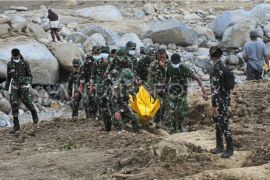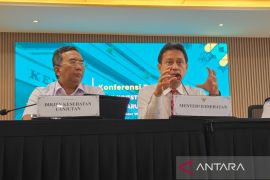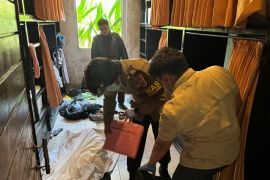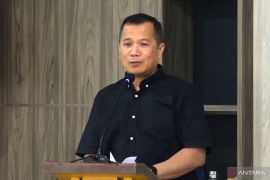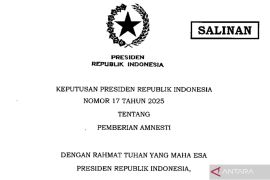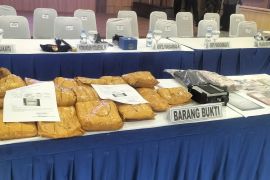The man, a computer technician from Sichuan named as Huang Yu, worked for a government department which handled state secrets, but he was a bad employee and was sacked, the report said.
Filled with anger, he messaged a "foreign spy organisation" on the internet and offered to sell documents he had obtained while working for his former employer, who gladly took him up on his offer and so began their relationship, it added.
Meeting in Southeast Asia and Hong Kong, Huang eventually handed over 150,000 documents, covering secrets ranging from everything from the ruling Communist Party to military and financial issues, the report said.
But as he was no longer employed, he began to run out of documents to provide, and so targeted his wife and brother-in-law who also worked for government departments handling state secrets, state television said.
In the end, his frequent travel and sudden unexplained wealth caught up with him and in 2011 he was arrested, and then sentenced to death, it added.
The report did not say when or if the execution had happened.
Chinas state secrets law is notoriously broad, covering everything from industry data to the exact birth dates of state leaders. Information can also be labelled a state secret retroactively.
President Xi Jinping has overseen a sweeping revamp of the security apparatus, aimed at combating threats both at home and abroad.
But new security laws he has passed, or wants to pass, have alarmed Western governments, including the counterterrorism law and a draft cyber security law.
The cyber security and counterterrorism laws codify sweeping powers for the government to combat perceived threats, from widespread censorship to heightened control over certain technologies.
Critics of the counterterrorism legislation, for one, say it could be interpreted in such a way that even non-violent dissidents could fall within its definition of terrorism.
China has consistently rejected any criticism of its human rights record, saying it adheres to the rule of law.(*)
Editor: Heru Purwanto
Copyright © ANTARA 2016
